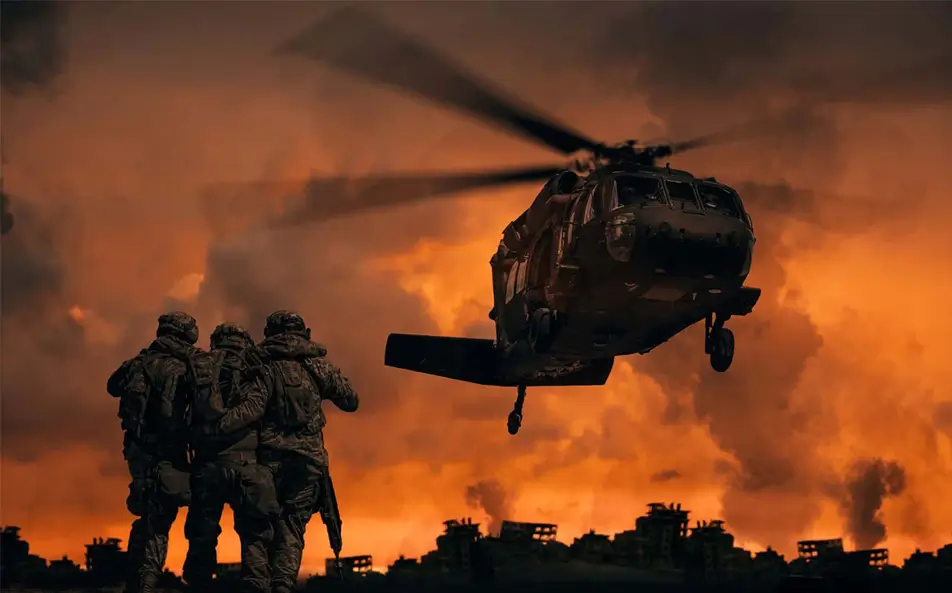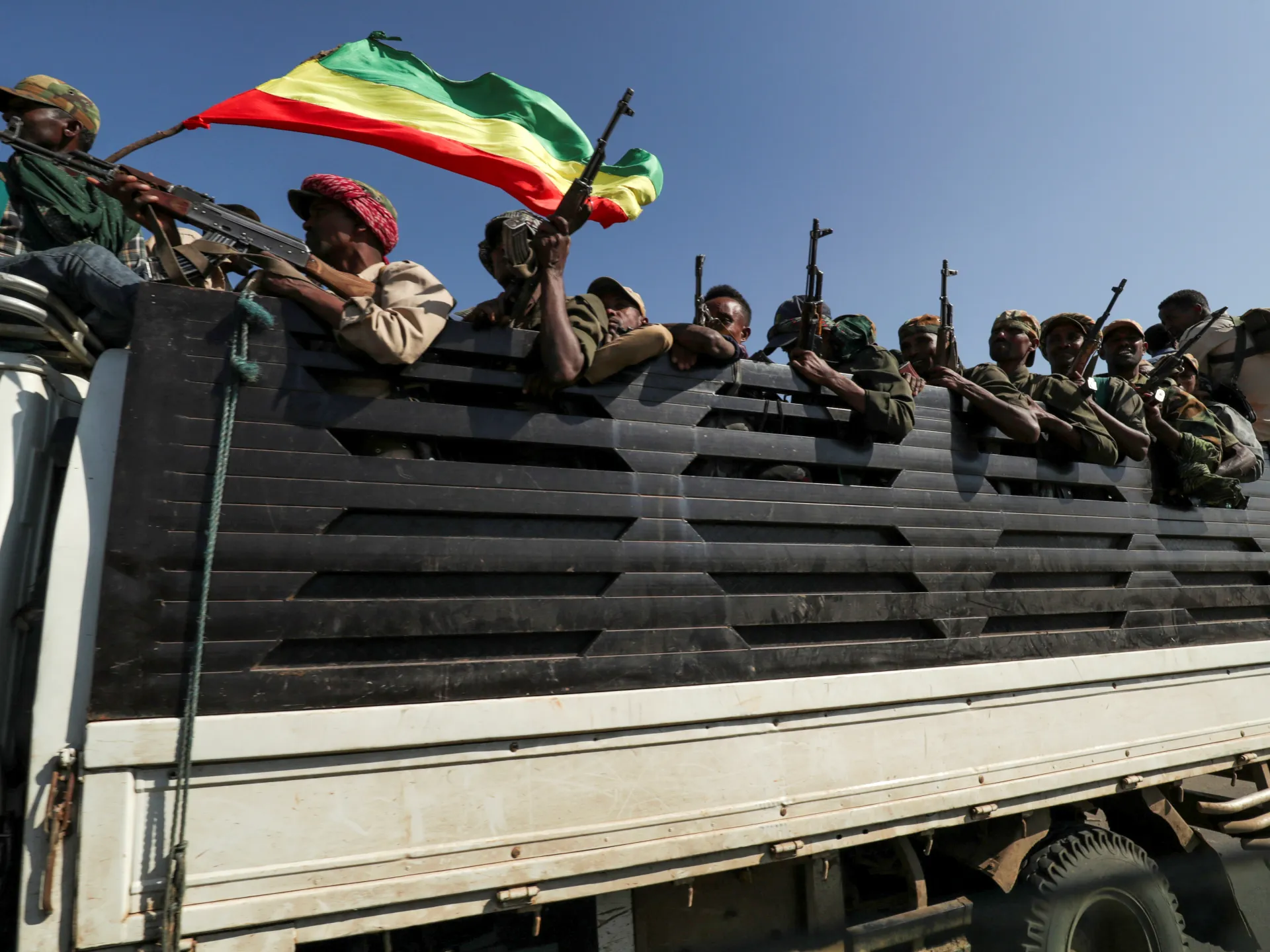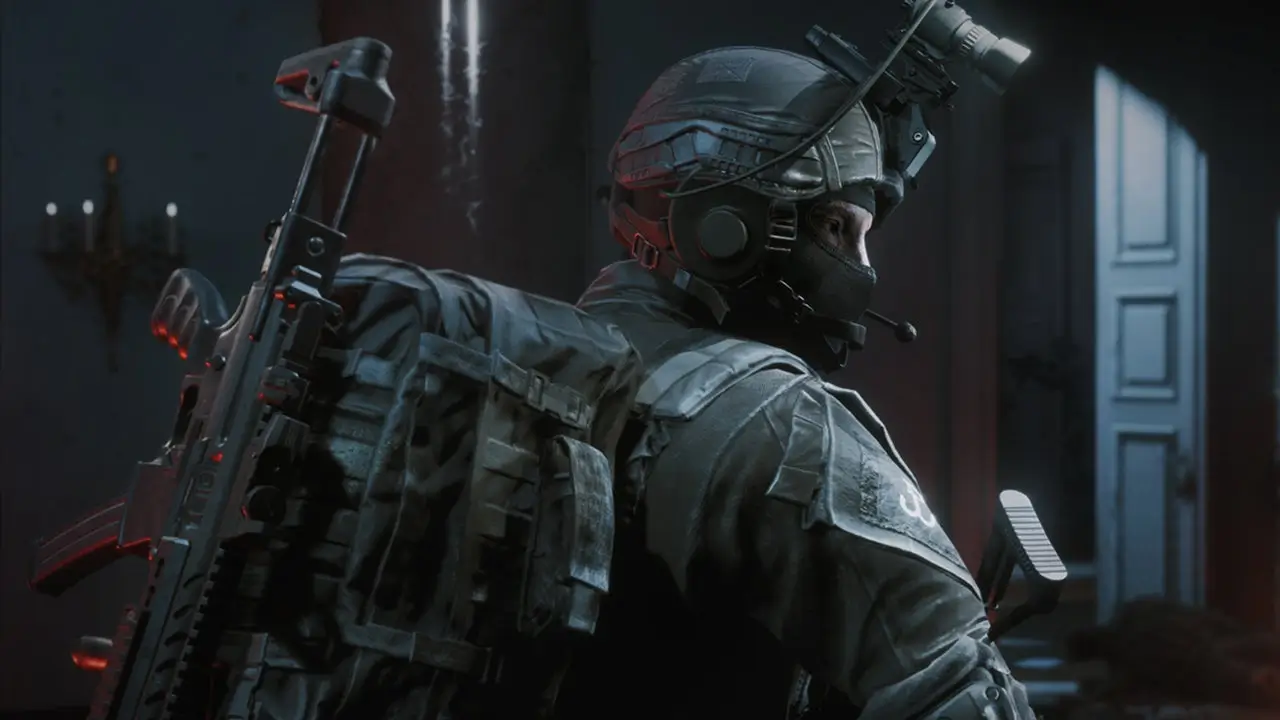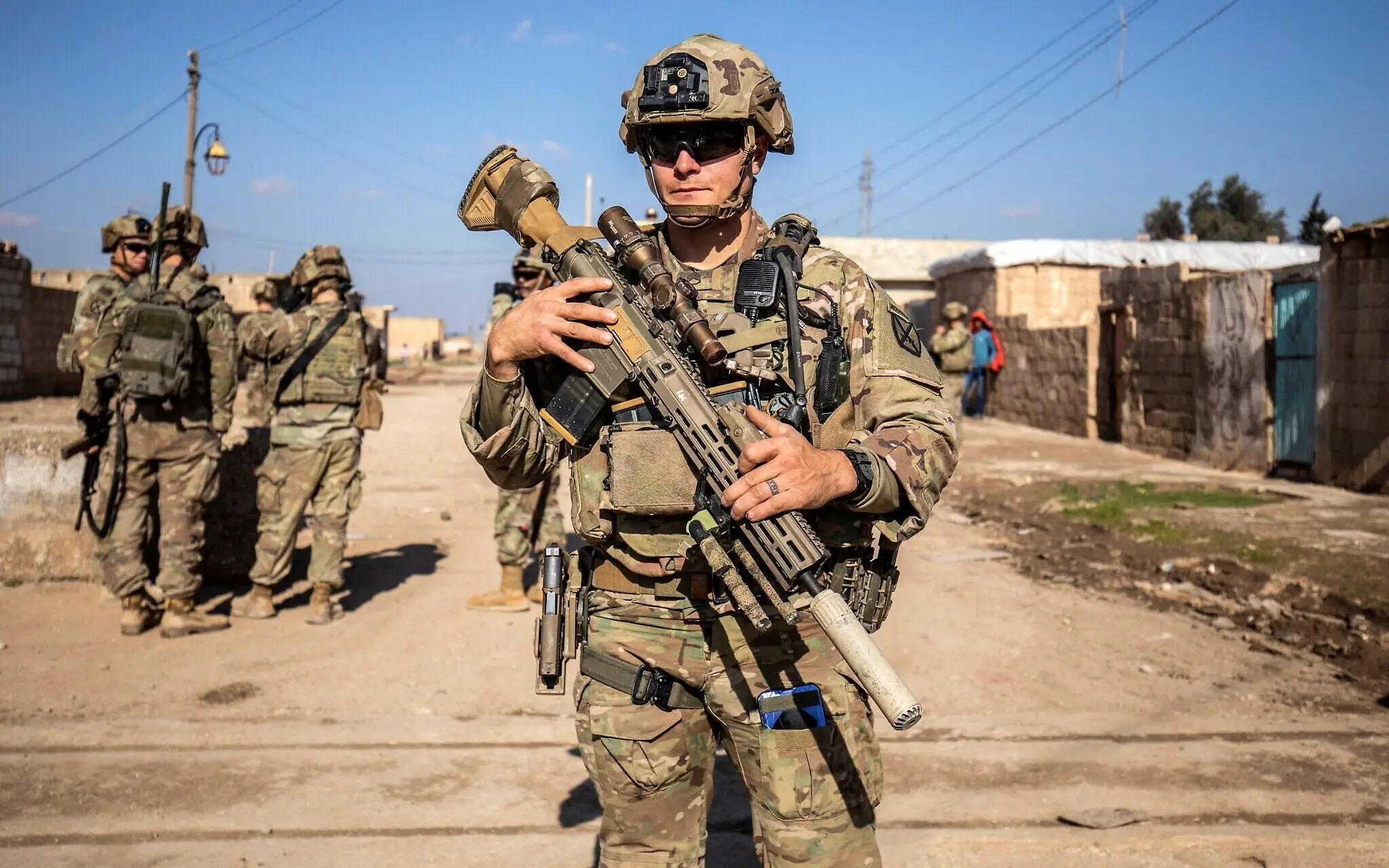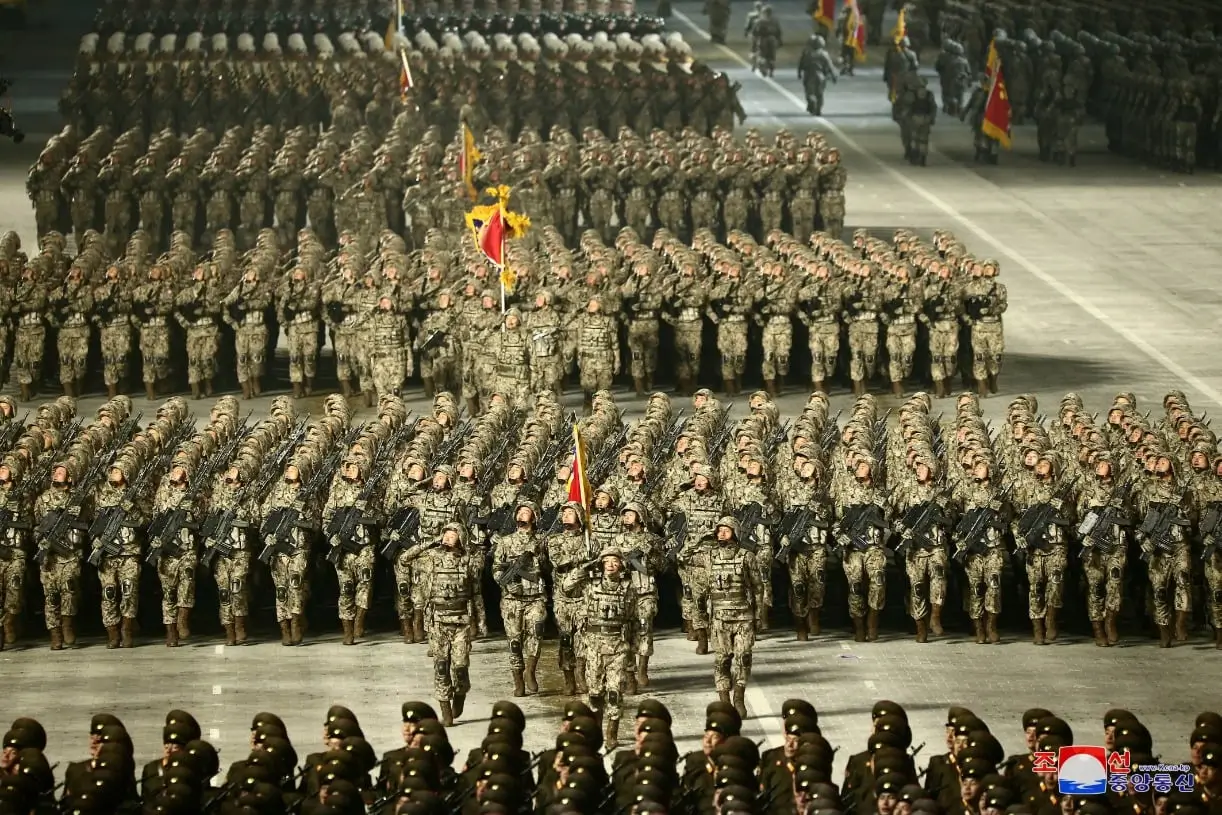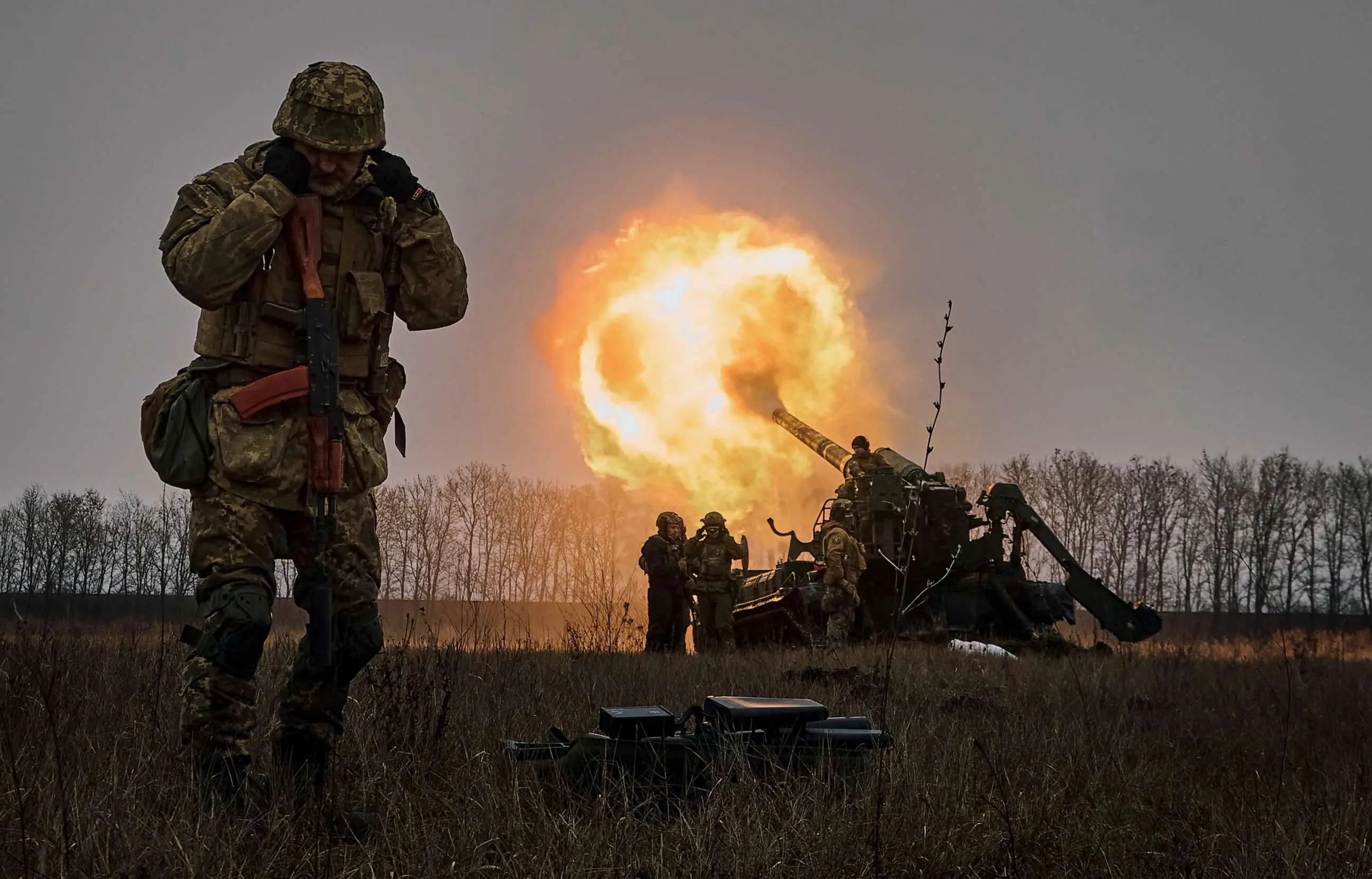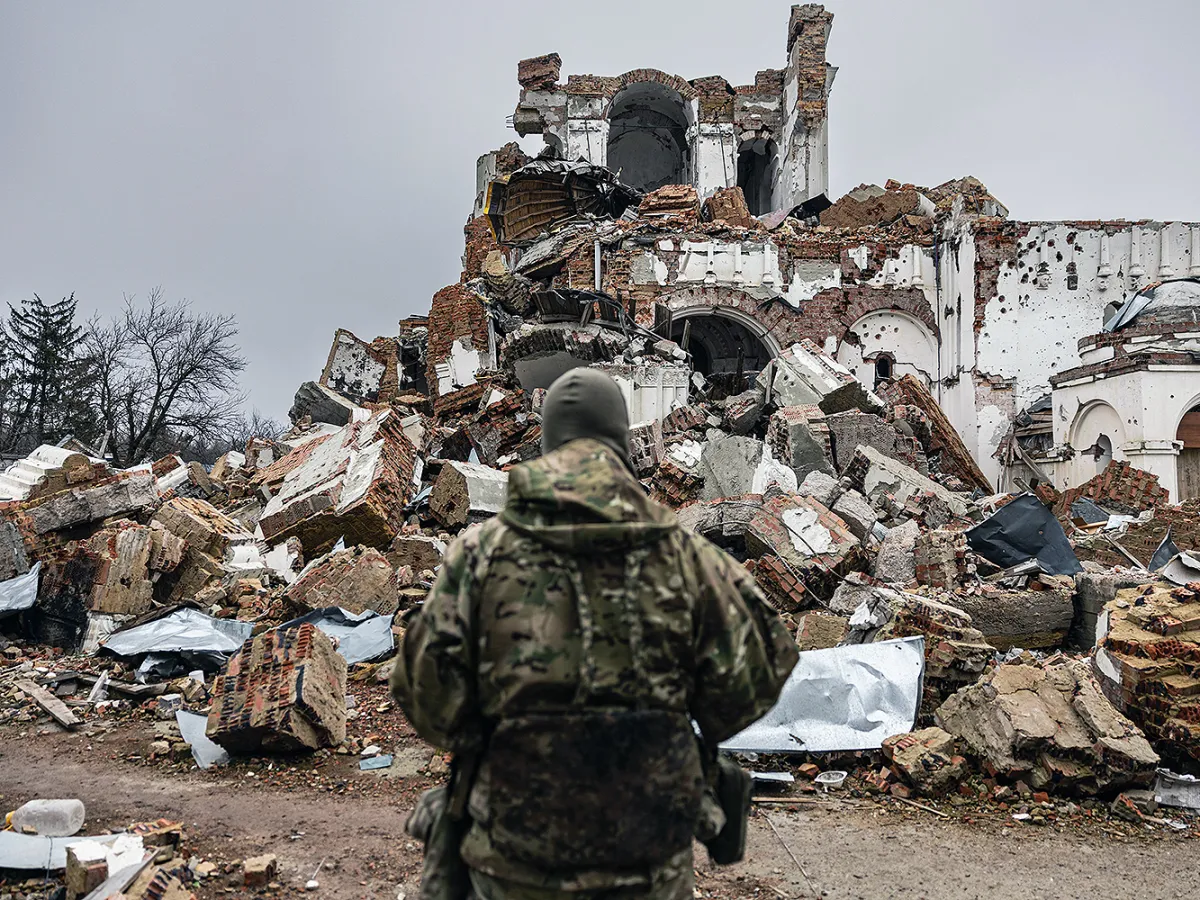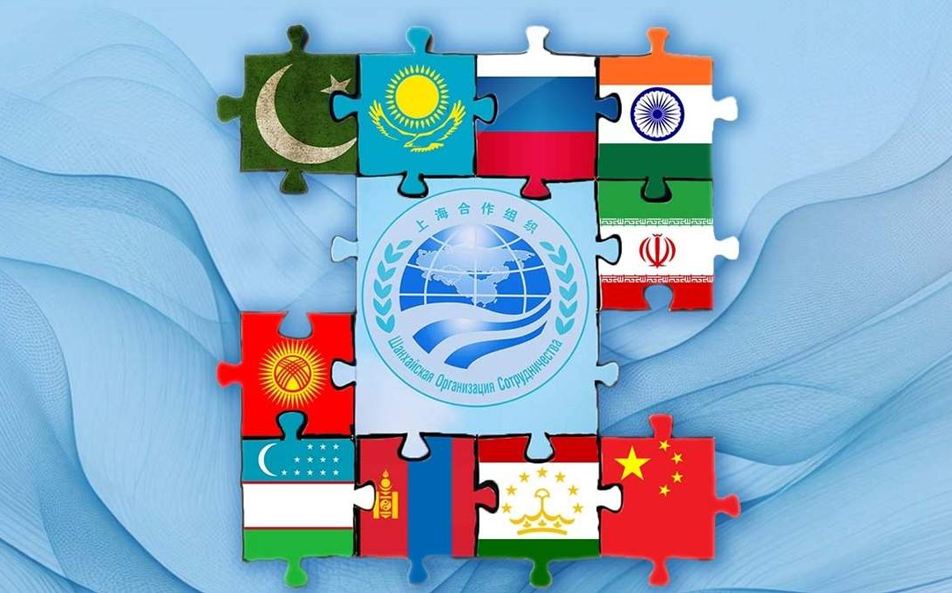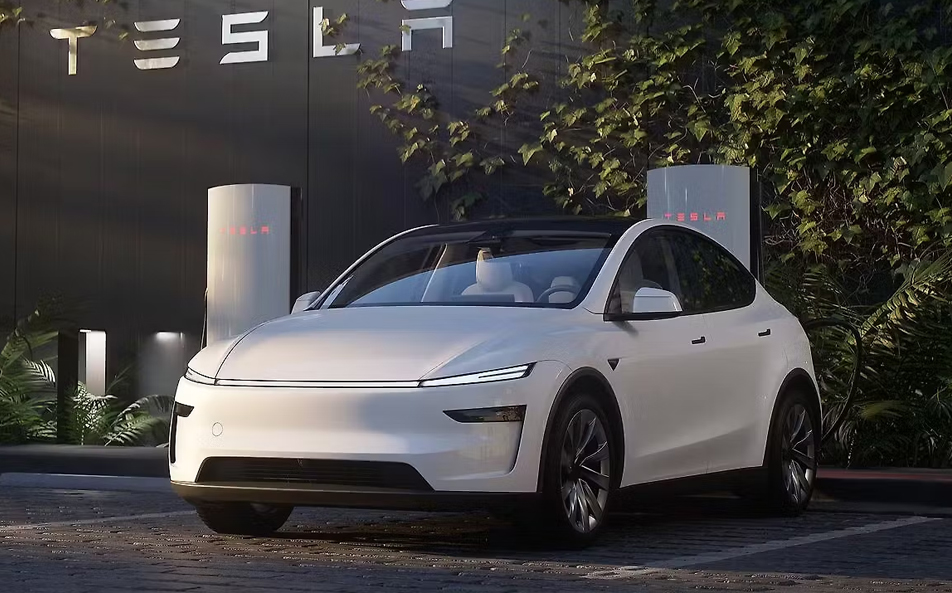
The United Indian

The world today seems perpetually teetering on the brink. From the devastating war in Ukraine to simmering tensions in the South China Sea, the specter of conflict hangs heavy. This begs a crucial question: are we hurtling towards a full-blown World War 3 (WWIII)? And in such a scenario, what role would a major power like India play?
Ongoing Wars: A Tangled Web of Conflict
Wars, both conventional and unconventional, continue to plague various regions, leaving devastation and despair in their wake. Several ongoing wars threaten global peace and stability. Here's a glimpse into some of the most concerning:
- Ukraine: The ongoing war in Ukraine, sparked by Russia's invasion in February 2024, has sent shockwaves across the globe. The conflict has caused immense humanitarian suffering, displaced millions, and raised fears of a wider European conflict.
- Yemen: A brutal civil war has ravaged Yemen since 2015, with a Saudi-led coalition battling Iran-backed Houthi rebels. The conflict has created a massive humanitarian crisis, pushing the country to the brink of famine. This has contributed further to the possibilities of World War 3.
- Ethiopia: The Tigray War, a brutal internal conflict in Ethiopia that began in November 2020, has caused widespread human rights abuses and displaced millions.
- Afghanistan: The Taliban's takeover of Afghanistan in August 2021 has led to a resurgence of violence and instability in the region.
- The Israeli-Palestinian Conflict: This decades-long conflict continues to flare up periodically, claiming lives and raising tensions in the Middle East.
- African Continent : In Africa continent region, conflicts such as those in the Democratic Republic of Congo, South Sudan, and Libya showcase the complex interplay of internal strife, external intervention, and geopolitical interests. Ethnic tensions, political rivalries, and struggles for control exacerbate these conflicts, leaving civilians caught in the crossfire.
These are just a few examples of inter-country wars which when combined increase the chances of a World War 3. Numerous other regional conflicts simmer beneath the surface, each with the potential to escalate and draw in other powers. The pursuit of power, resources, and ideological supremacy fuels these conflicts, perpetuating a cycle of violence that seems difficult to break.
The Looming Shadow of World War 3 : A World Transformed by Conflict
The term "World War III" conjures images of a global conflagration, a devastating conflict surpassing the horrors of the past. While the use of nuclear weapons would undoubtedly usher in a new era of destruction, the precise form a future WWIII might take is difficult to predict. It could be a full-blown conventional war between major powers, or a series of interconnected regional conflicts that spiral out of control.
Several factors contribute to the heightened anxiety about WWIII:
- Rise of Nationalism and Populism: The rise of nationalist and populist leaders who prioritize national interests over international cooperation can exacerbate tensions. This has made diplomatic solutions less likely and inturn increased the chances of World War 3.
- Cyber Warfare: The increasing sophistication of cyberwarfare capabilities creates a new front for conflict, blurring the lines between war and peace.
- Nuclear Proliferation: The continued existence and potential spread of nuclear weapons casts a long shadow over global security.
- Climate Change: Competition for resources and the effects of climate change could lead to increased instability and conflict.
These factors create a volatile environment where seemingly minor incidents can escalate rapidly into major conflicts.
India's Potential Role: A Balancing Act on the World Stage
Historically, India has pursued a policy of non-alignment, seeking to maintain its sovereignty and independence amidst the competing interests of major powers. However, now India being a rising global power with a large military and a growing economy, would likely play a significant role in any future global conflict like World War 3. As one of the world's largest democracies, India’s exact stance would depend on the specifics of the situation. Here are some potential scenarios:
- Neutrality: India might choose to remain neutral, attempting to maintain good relations with all parties involved. This approach prioritizes minimizing its own risk but could come at the cost of global leadership.
- Mediation: India has a long history of playing a mediating role in international conflicts. Given its non-aligned status, it could attempt to broker a peaceful resolution.
- Alliance Building: India might choose to side with a particular alliance, depending on its interests and the nature of the conflict. However, forming alliances could strain relations with other powers.
- Defense of National Interests: In a scenario where India's territorial integrity or security interests are directly threatened, it would likely take a more proactive military stance.
Ultimately, India's decision in case of World War 3 would be guided by a complex web of factors, including its strategic interests, its relationship with major powers, and public opinion.
India's formidable military capabilities, including its nuclear deterrent, make it a key player in any global conflict scenario. As a responsible nuclear power, India has consistently advocated for disarmament and non-proliferation while maintaining a credible deterrence posture. In the event of a global war, India would likely prioritize the protection of its national interests, including securing its borders, safeguarding its citizens, and preserving its territorial integrity.
At the same time, India's commitment to international peace and security would compel it to actively engage in diplomatic efforts to de-escalate tensions and prevent the outbreak of a global conflict. As a founding member of the United Nations and a proponent of multilateralism, India would leverage its diplomatic influence to promote dialogue, cooperation, and conflict resolution on the world stage.
Beyond War: A Call for Diplomacy and Cooperation
The possibility of World War 3 is a chilling reminder of the devastating consequences of conflict. However, focusing solely on the worst-case scenario can be paralyzing. There is a need for a multi-pronged approach to prevent war:
- Strengthening International Institutions: Organizations like the United Nations need to be reformed and empowered to play a more effective role in resolving international disputes.
- Diplomacy and Dialogue: Leaders must prioritize diplomacy and dialogue to de-escalate tensions and find peaceful solutions to conflicts.
- Arms Control and Non-Proliferation: Measures to control conventional weapons and prevent the spread of nuclear weapons are crucial to prevent the chances of World War 3.
- Addressing Root Causes: Addressing the underlying causes of conflict, such as poverty, inequality, and resource scarcity, is essential for long-term peace.
Conclusion: Choosing Peace in a Divided World
The world today faces unprecedented challenges. The ongoing wars and the looming threat of a wider conflict highlight the need for a collective effort towards global peace. India, with its growing influence and strategic position, has a vital role to play in this endeavor. By advocating for a rules-based international order, promoting diplomacy, and working towards multilateral solutions, India can help steer the world away from the precipice of conflict and towards a more secure and peaceful future.
This path, however, will not be easy. Preventing the chances of World War 3 demands a commitment to international cooperation, a willingness to compromise, and a steadfast belief in the power of dialogue. As Nelson Mandela said, "No one is born hating another person because of the color of his skin, or his background, or his religion. People must learn to hate, and if they can learn to hate, they can be taught to love, for love comes more naturally to the human heart than its opposite."
Read more in Recent Events
Jul 18, 2025
TUI Staff
Jul 15, 2025
TUI Staff
Jul 14, 2025
TUI Staff

Stay Tuned with The United Indian!
Our news blog is dedicated to sharing valuable and pertinent content for Indian citizens. Our blog news covering a wide range of categories including technology, environment, government & economy ensures that you stay informed about the topics that matter most. Follow The United Indian to never miss out on the latest trending news in India.
©The United Indian 2024

